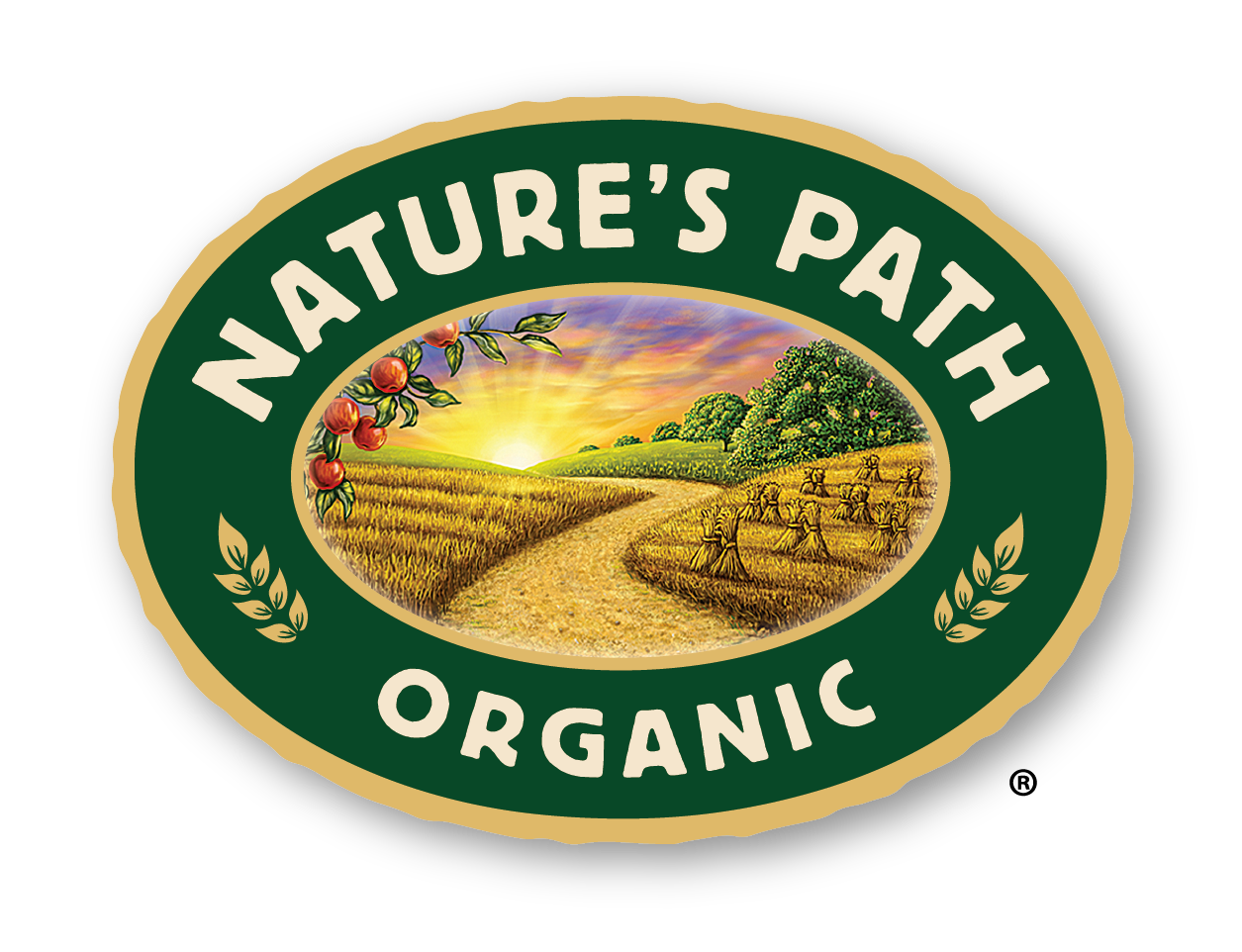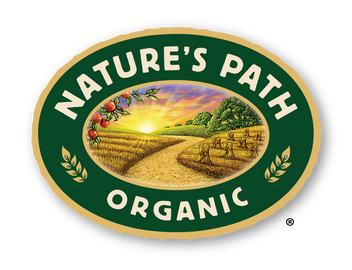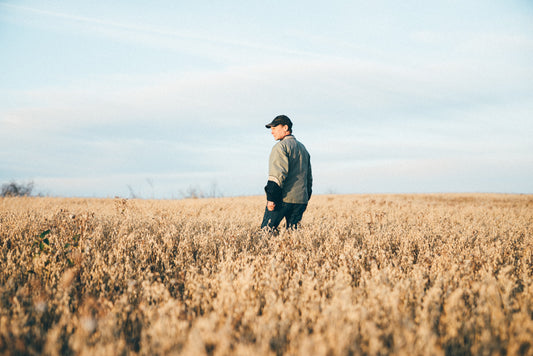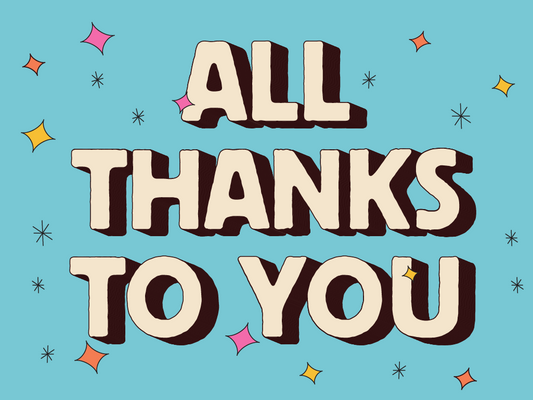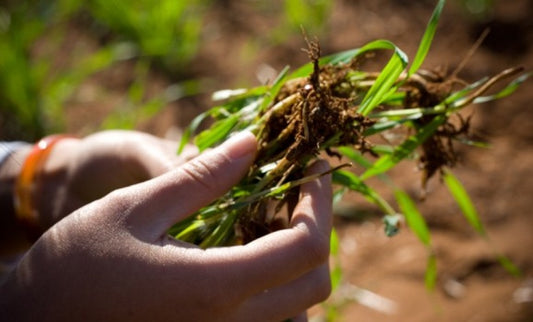Flowers and Sustainability for Mother's Day
Picture a beautiful bountiful bouquet of roses and the smile it brings to your mom’s gorgeous face. Nice, right? You did good.
It’s the quintessential Mother’s day gift - a big bouquet of flowers shouting “Hey thanks, ma, I love you!”. My guess is that there’s nary a woman in sight, let alone a mother, who isn’t tickled pink by the gesture of flowers.
Well, I used to be that woman. The one who turned her nose up at store bought flowers proclaiming “I don’t like them, don’t buy them for me, I don’t want them.”, and until I discovered the slow flower movement I believe I had good reason.
The term ‘slow flowers’ was coined by Debra Prinzing from Washington when she put out her book “The 50 Mile Bouquet: Seasonal, Local and Sustainable Flowers” in 2012. Although really just beginning, this movement closely mirrors the locavore and slow food movement.
Before we dive in to slow flowers, I beg you to pause and consider a flower’s footprint.
Let’s start with carbon footprint. Did you know over 80% of the flowers sold at grocery stores, florist shops, through FTD, and online are actually grown thousands of miles away, their likely origins in Colombia, Ecuador, Thailand, or Israel? That’s a ton of jet fuel. And then there’s the fuel consumed via refrigerated trucking of flowers from port to florist.
Carbon footprint aside, the international transit process also creates heaps of trash: boxes, plastic sleeves, little plastic tubes to support fragile stems, synthetic sponges, rubber bands, tons of packing paper, tape, even little blocks of wood that are used to stabilize the cardboard boxes so they don’t get tossed around. All of this basically amounts to a single bouquet producing enough waste to fill a whole trash can - trash that ends up filling up our local landfills for decades or more.
Needless to say, regulations on chemicals, environmental stewardship, and workers rights in some of these mass flower-shipping countries are a far cry from sustainable. Colombia alone accounts for nearly 70% of the flowers imported into the US and Canada every day. Colombian rose farms are literally draining the region dry, creating a desert wasteland around farms as their irrigation systems divert rainfall to rose production. Eek!
All that said, my message here is not one of despair, so don’t’ give up on flowers. I love them more than ever now!
The good news is there are other options – beautiful, sustainable, feel-good, heart-happy options. There are more and more small local flower farms and conscious florists popping up across the country. Growers offering unique heirloom varieties, gorgeous sustainably grown blooms, and freshness and quality that you simply can’t import. The more we demand flowers like these the more the industry will continue to change.
Ask questions like “Where did these flowers come from? How far did they travel? I want to meet the Farmer!”. Divert from run of the mill red roses and open your eyes to the seasonal diversity that local growers offer.
Flowers from local growers aren’t coming to you from a jumbo jet, they’re fresh and usually never leave water. They get handed either directly to you at a market or directly to a conscious florist. Their only requirement: simply a bucket and perhaps a sleeve of compostable kraft paper protection.
See local farmers as members of your community, because they are! Just think how good it will feel to support your local economy. Flower farmers are typically salt of the earth people who love what they do, work hard and care tremendously for their land. Their end product and farm model is always something they are proud of: healthy land, sustainable practices, and gorgeous blooms.
Last, there’s something mysterious and extraordinary about locally grown flowers that sets them apart, yet defies words to describe them. Perhaps one word is simply “natural” - the way they are meant to be, just like a strawberries in June or pumpkins in October.
So, to close, dear people, it’s time to demand a better bouquet. Let’s start to consider flowers the same way we do food. When hunting for your flowers think seasonal, slow, and sustainable and you’ll show mama earth, as well as your own mama, just how much you care.
Check out Erin's conscious flower site
Find Slow Flowers near you.
